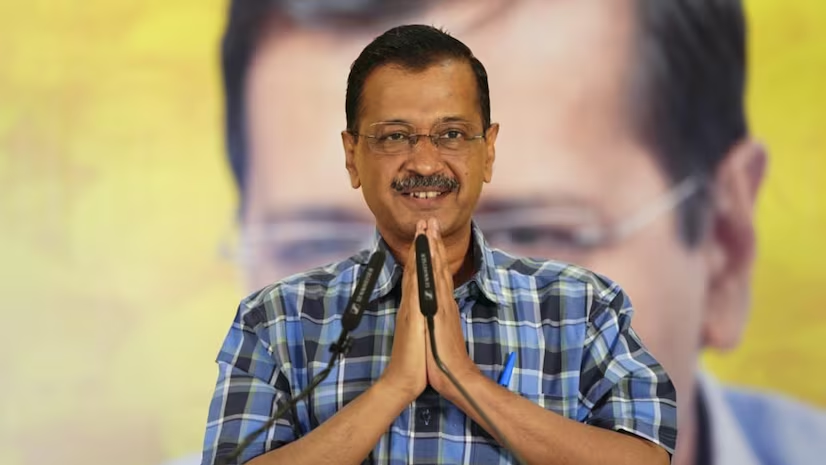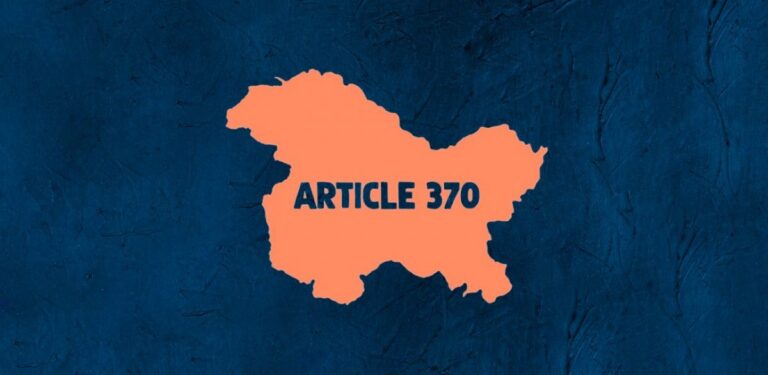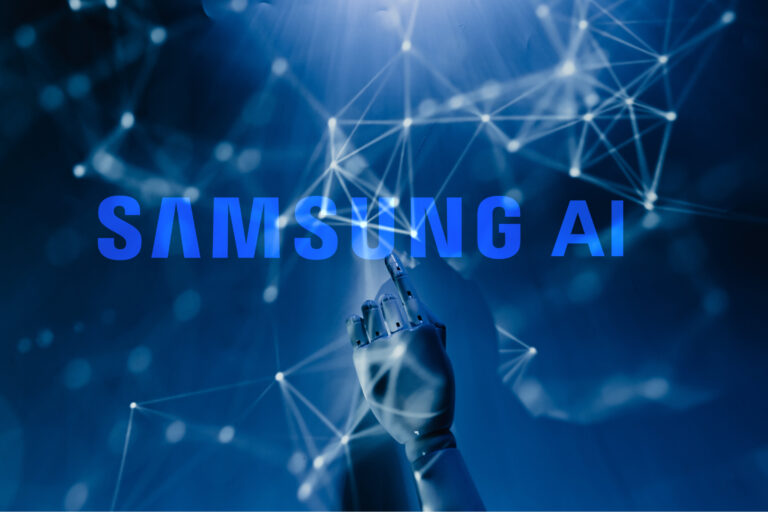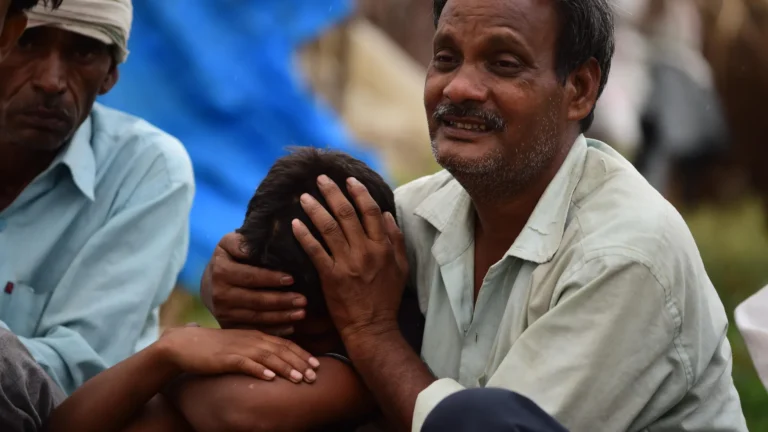Arvind Kejriwal, the Chief Minister of Delhi and the leader of the Aam Aadmi Party (AAP), has been granted bail by the Supreme Court

Arvind Kejriwal, the Chief Minister of Delhi and the leader of the Aam Aadmi Party (AAP), has been granted bail by the Supreme Court in a money-laundering (काले धन को वैध बनाना) case initiated by the Enforcement Directorate (ED) in connection with the alleged Delhi liquor policy scam. However, Mr. Kejriwal will remain in custody due to ongoing inquiries by the Central Bureau of Investigation (CBI) in a separate case.
The judgment was delivered by a bench comprising (शामिल) Justices Sanjiv Khanna and Dipankar Datta. The court observed that Mr. Kejriwal had been incarcerated for over 90 days and consequently granted him interim (अंतरिम) bail in the excise policy case filed by the ED.
The AAP responded to the Supreme Court’s ruling by quoting “Satyamev Jayate” (Truth alone triumphs-सच की ही जीत होती है ) on social media platform X (formerly Twitter), accompanied (के साथ) by an image of Mr. Kejriwal holding the national flag.
Mr. Kejriwal was apprehended (गिरफ़्तार) on March 21 by the ED in relation to money laundering allegations (आरोप) linked to the purported (कथित) Delhi liquor policy scam. In his petition, the 55-year-old leader challenged the Delhi High Court’s April 9 order, which denied him relief. The High Court had validated (सही ठहराया) Mr. Kejriwal’s arrest, asserting (ज़ोर देते हुए) that there was no illegality involved and that the central investigative agency had no alternative after Mr. Kejriwal repeatedly ignored summonses (बुलावा) and refused to cooperate with the investigation.
Both the ED and the CBI are investigating the money laundering aspects of the now-abrogated (रद्द) Delhi liquor policy. The excise policy, introduced in November 2021, involved the Delhi government withdrawing from retail liquor sales and allowing private licensees to operate liquor stores. In July 2022, Delhi Chief Secretary Naresh Kumar identified substantial (महत्वपूर्ण) policy violations (उल्लंघन) and alleged undue (असंगत) benefits conferred (प्रदत्त -दिये गये) to liquor licensees. Consequently (नतीजतन), the policy was annulled (रद्द) in September of the same year.
The CBI has alleged that liquor companies played a significant (ज़रूरी) role in framing (बनाने में) the excise policy, which was structured to yield (देने में) a 12% profit margin for these companies. The agency has further claimed that a liquor lobby, referred to as the “South Group,” paid kickbacks (घूस) amounting to ₹100 crore to the AAP, part of which was purportedly (कथित) routed (की तरफ़-भेजे गये) to public officials. The ED has accused individuals of laundering these kickbacks, thereby compounding (और ज़्यादा बढ़ाना) the financial irregularities associated with the policy.
The Supreme Court’s interim bail order provides Mr. Kejriwal with temporary relief while the investigations continue. This case underscores (रोशनी डालना)) the complexities involved in the enforcement (लागू करना) of excise policies and the stringent (कड़ी) scrutiny (जाँच) applied to alleged (कथित) financial misconduct (अनैतिक व्यवहार) by public officials and associated entities (संस्था या लोग).











Responses